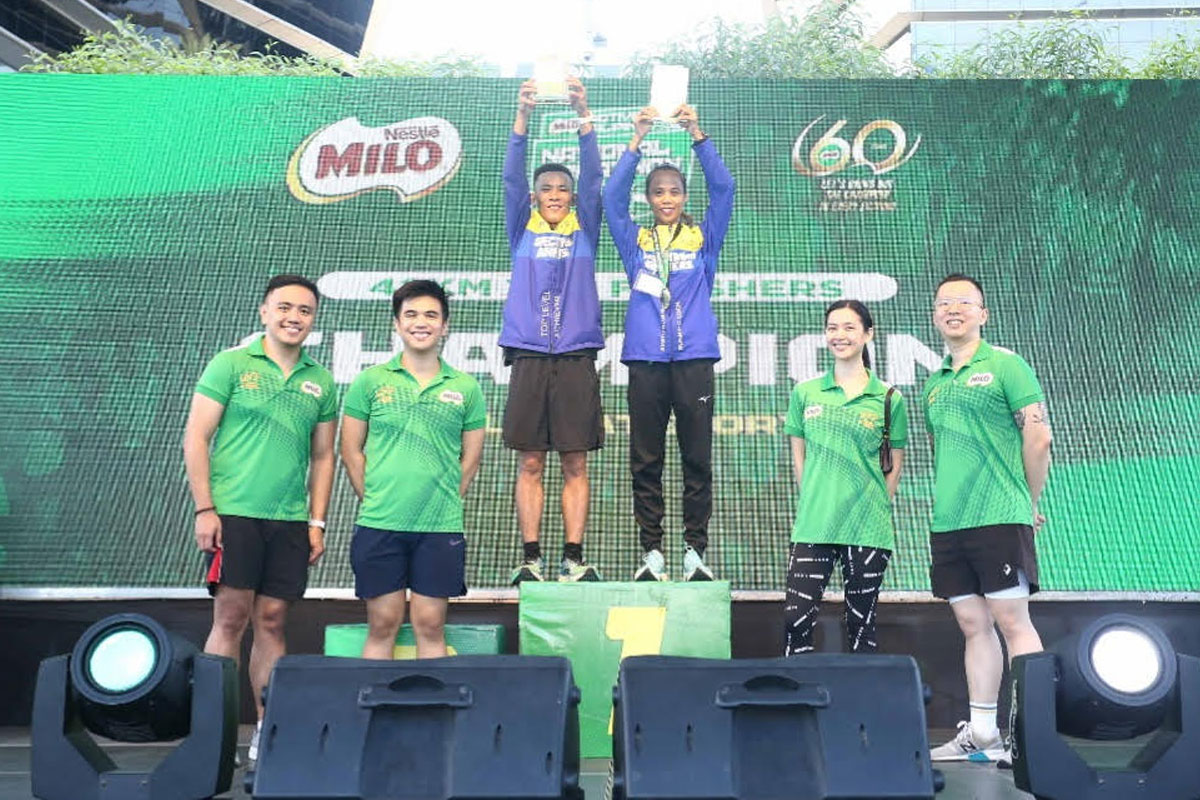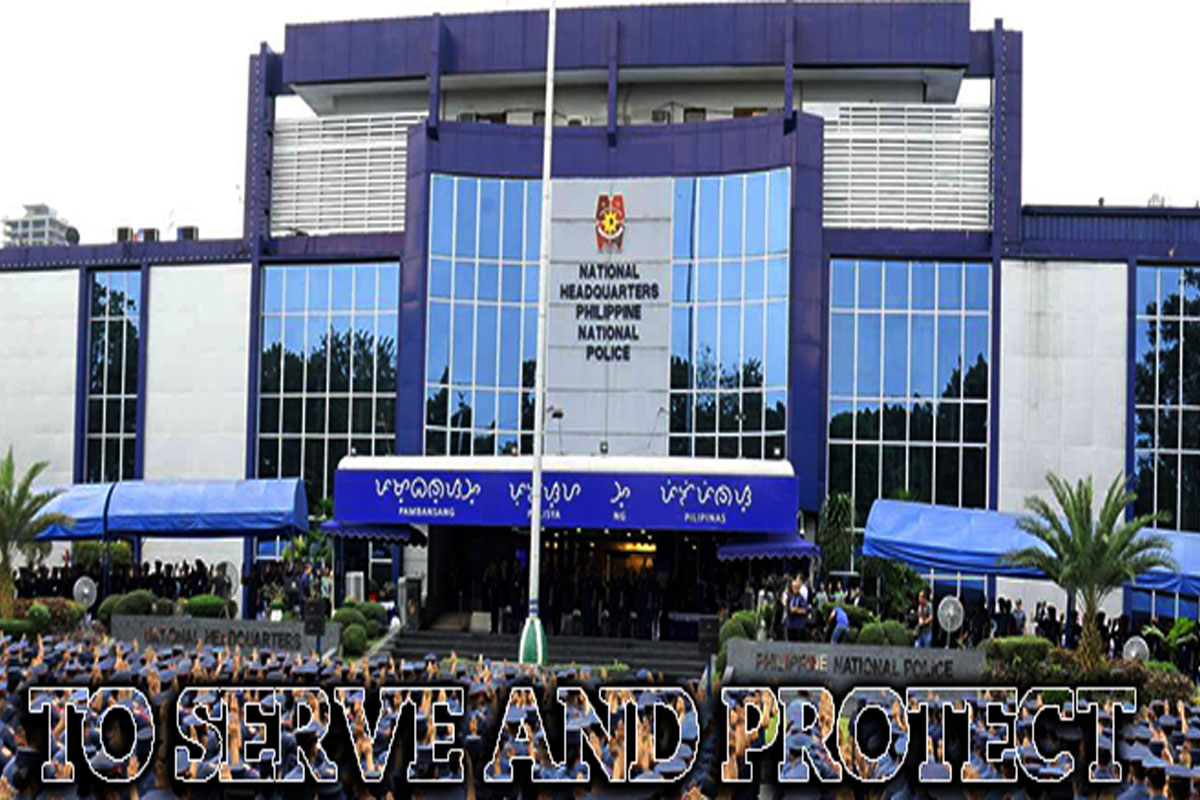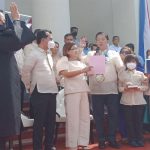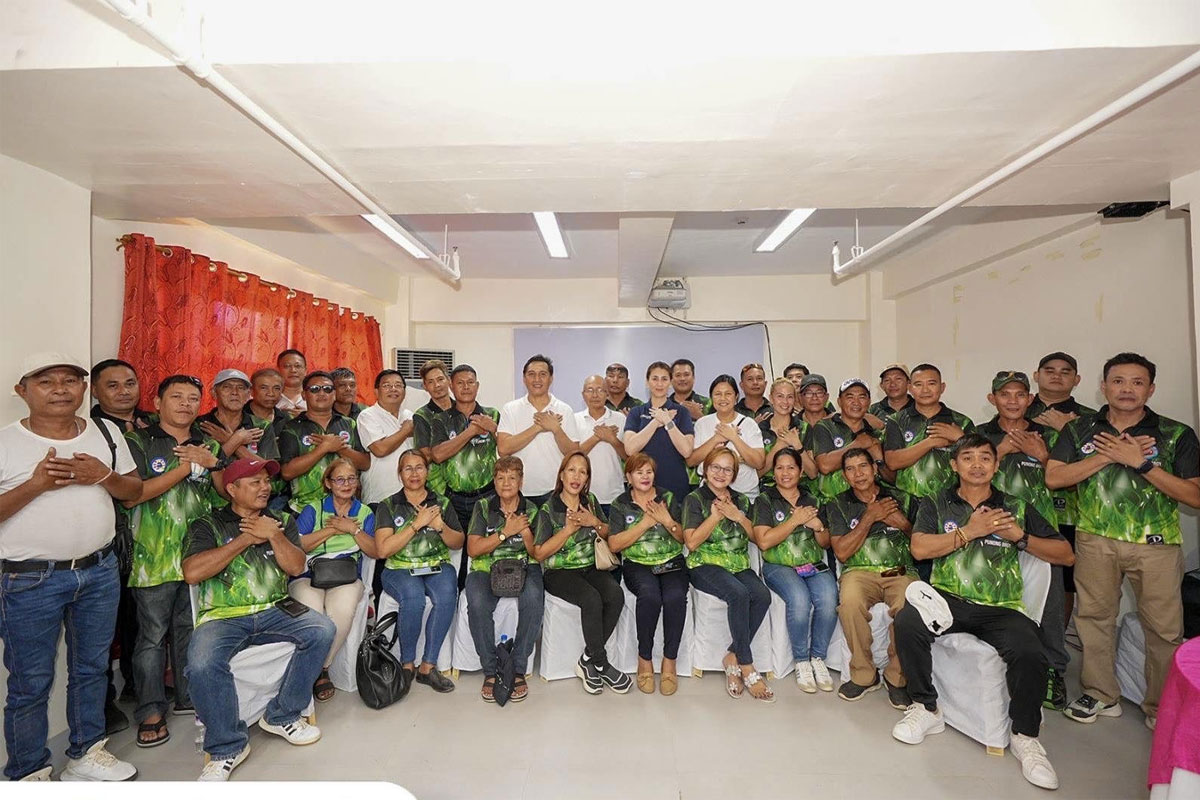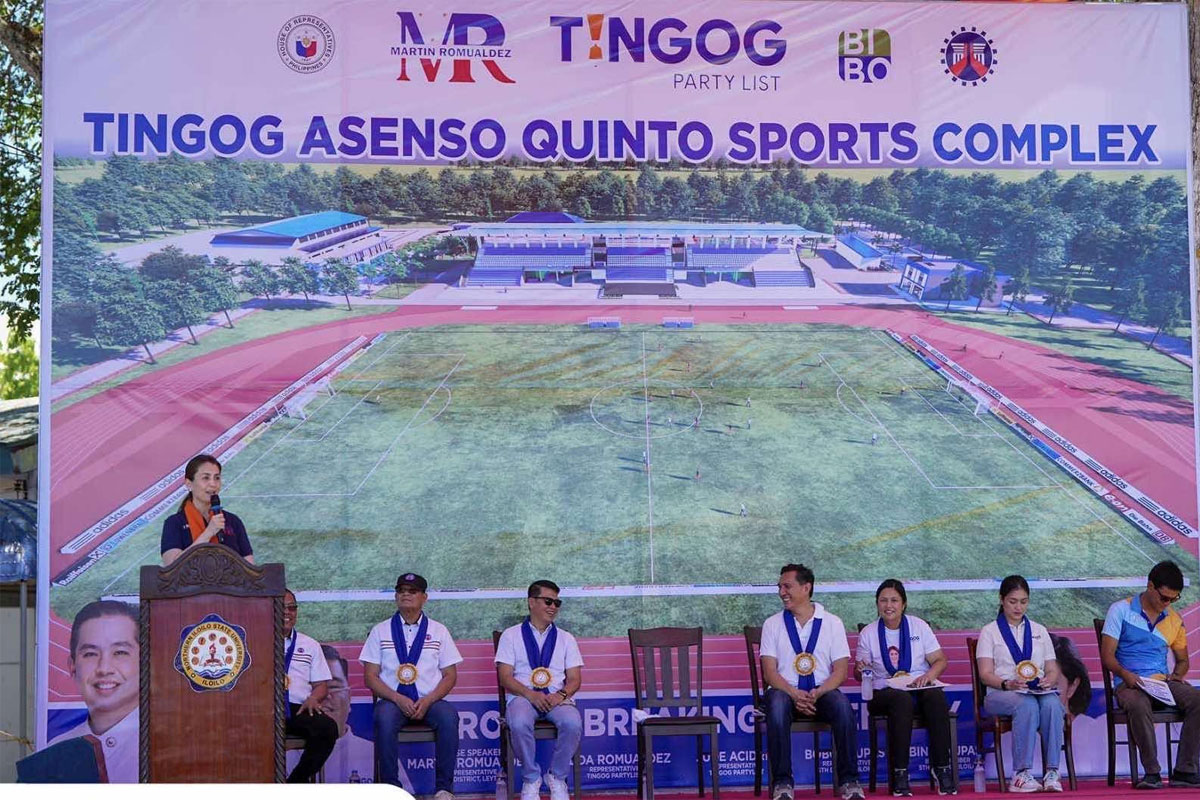
DENR to conduct bamboo DNA barcoding
TO conserve and propagate the bamboo species in typhoon-affected Cagayan Valley, the Department of Environment and Natural Resources (DENR) will conduct phytochemical screening and DNA barcoding of economically important bamboos in the said province.
Alvin Jose L. Reyes and Eddie B. Abugan Jr. of the DENR-Project Management Division (PMD) said that bamboo has numerous industrial, pharmaceutical, phytochemical, medical, nutritional, and food advantages.
The two officials added that the characterization of bamboo germplasm is an essential connection between conservation of diversity and utilization of germplasm (seeds or living tissues that carry genetic resources helpful in plant breeding and protection).
The bamboo characterization project of the Cagayan State University (CSU)-Gonzaga through its project leader Jeff M. Opeña recently made a presentation at DENR Protected Area Management Board (PAMB) in Sta. Ana, Cagayan.
The presentation was made in connection with the CSU’s petition for a gratuitous permit to conduct the bamboo characterization and sample collection activities in the Palaui Island Protected Landscape and Seascape.
The project also aims to refurbish a research laboratory in CSU-Gonzaga. It will collect and characterize different species in different ecosystems in Cagayan Province.
DNA barcoding will be a modern and innovative way to characterize bamboo species.
It will accelerate experts’ identification of the species they desire to use based on traits such as fast propagation or medicinal properties.
Bamboo has been traditionally characterized based on its flowering frequency or abundance annual flowering, sporadic or regular flowering, and gregarious flowering.
“However, characterization using floral morphology posed a limitation and difficulty due to the requirement of a long period which can occur in years or even decades,” according to Reyes and Abugan.
Moreover, biochemical characterization through phytochemical (plant chemistry) screening enables experts in pharmaceuticals and medicine to detect plant secondary metabolites in bamboo, which have utilization potentials in the industry.
While primary metabolites include small molecules like amino acids and sugars, secondary plant metabolites include alkaloids, anthocyanin, flavonoids, phenols, saponins, steroids, tannins, and terpenoids studied for medicinal plant herbal purposes, among other possible commercial uses.
Former DENR Secretary Roy A. Cimatu ordered in November 2020 the extensive propagation of bamboo in Cagayan Valley to prevent massive flooding that plagued the province from Typhoon Ulysses.
The bamboo project costs P1.601 million consisting of P1.261 million from DENR and P340,000 from CSU.
Aside from involving DENR’s local offices in Cagayan, the implementor includes the Municipal Environment and Natural Resources Offices of Cagayan and the Central Analytical Laboratory of CSU.





